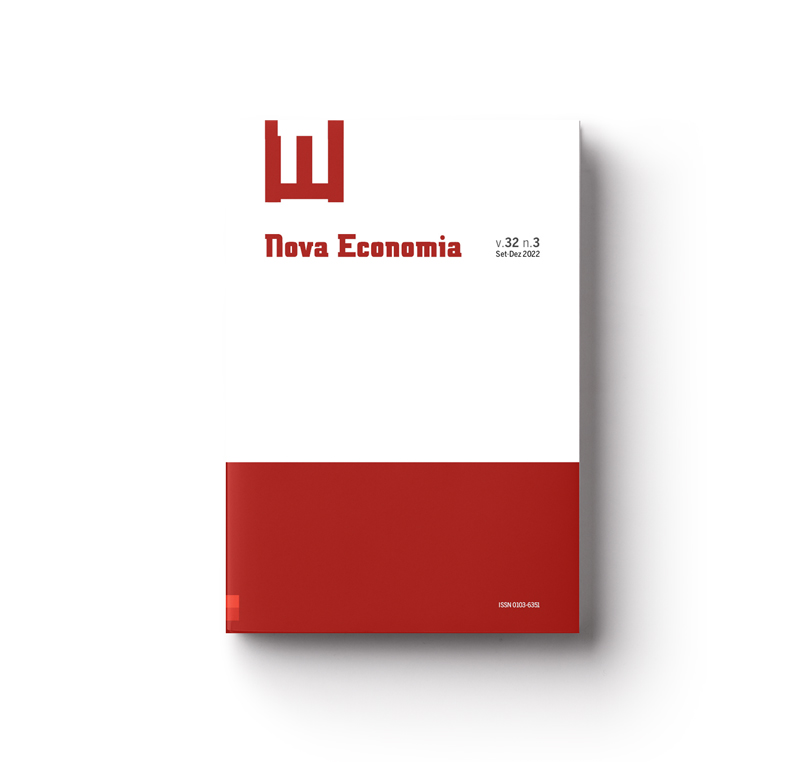Revisiting Regional Innovation Systems: Theory, Practice, Policies, and Agenda for Brazil
Abstract
The regional innovation systems (RIS) approach emerged in the early 1990s and has gone through several conceptual and methodological improvements. A fundamental aspect of this approach is the recognition that economic space and geographical proximity between the agents have significant effects both in the generation and in the dissemination of new knowledge, with important implications innovation-based regional policy. This paper aims to present a systematization of the literature on the SRI approach and, at the same time, contribute to the debate on innovation systems in Brazil. Based on a thorough literature review, the paper examines the most relevant conceptual and empirical works on SRI and, therefore, presents a wide range of obstacles and weaknesses that can hinder regional innovation. Finally, the paper concludes with a research agenda aimed at developing countries, showing the existing links between the debate on RIS and the local context in these countries.
Downloads
Published
How to Cite
Issue
Section
License
Copyright (c) 2022 Renato de Castro Garcia, Mauricio de Aguiar Serra, Suelene Mascarini, Letícia da Silva Bastos, Rafael Macedo

This work is licensed under a Creative Commons Attribution 4.0 International License.
Authors who publish with this journal agree to the following terms:
- Authors retain copyright and grant the journal right of first publication with the work simultaneously licensed under a Creative Commons Attribution 4.0 International License that allows others to share the work with an acknowledgement of the work's authorship and initial publication in this journal.
- Authors are able to enter into separate, additional contractual arrangements for the non-exclusive distribution of the journal's published version of the work (e.g., post it to an institutional repository or publish it in a book), with an acknowledgement of its initial publication in this journal.
- Authors are permitted and encouraged to post their work online (e.g., in institutional repositories or on their website) prior to and during the submission process, as it can lead to productive exchanges, as well as earlier and greater citation of published work (See The Effect of Open Access).




